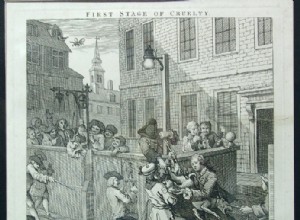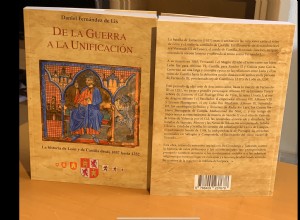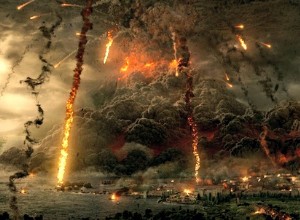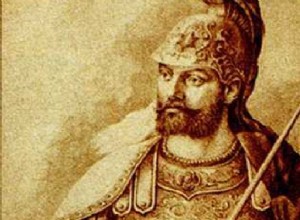William Hogarth He was a British painter who cultivated several genres of painting:portraits, engravings, illustrations... But in this post we are going to stay with a series of satirical engravings called «The four stages of cruelty «. In this series of four engravings he represents the different




